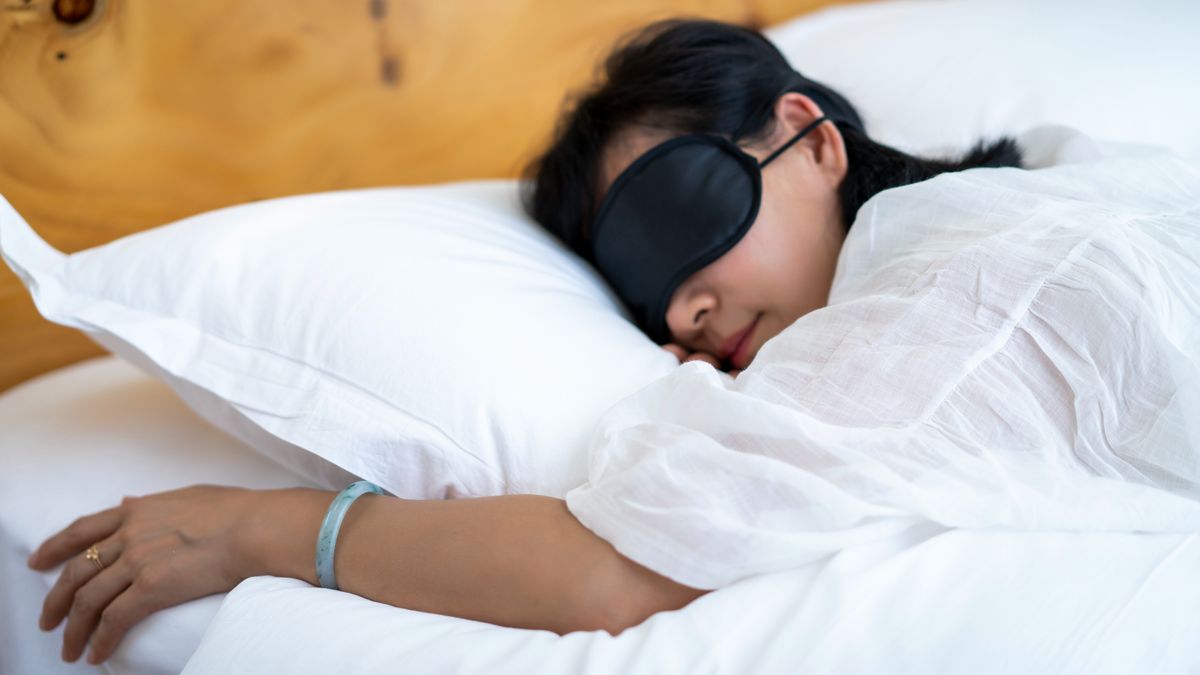In the realm of well-being, the enigmatic world of sleep remains a subject of fascination and scientific exploration. Unlocking the mysteries of this essential daily ritual is not only integral to understanding our physiological processes but is also crucial for fostering overall health and vitality. This article delves into “The Science of Slumber,” unraveling the intricate mechanisms and indispensable essentials of sleep health.

- The Sleep Cycle: A Symphony of Stages
Delving into the architecture of sleep, this section navigates through the four distinct stages of the sleep cycle, exploring the unique characteristics of each and their collective role in promoting optimal physical and mental restoration.
- REM Sleep: The Theatre of Dreams
Unveiling the phenomenon of Rapid Eye Movement (REM) sleep, this segment delves into the vivid landscapes of dreams and the vital functions this stage serves in memory consolidation, emotional regulation, and cognitive well-being.
- The Internal Clock: Mastering Circadian Rhythms
Understanding the body’s internal timekeeper, circadian rhythms, sheds light on the synchronized dance between sleep and wakefulness. This section explores the science behind our biological clock and its impact on overall sleep health.
- Melatonin and Sleep Regulation
Delving into the role of the hormone melatonin, this part investigates how this natural sleep aid plays a pivotal role in regulating our sleep-wake cycles, offering insights into optimizing melatonin production for enhanced sleep quality.
- The Impact of Sleep on Physical Restoration
Exploring the rejuvenating power of sleep, this section elucidates how various bodily functions – from muscle repair to immune system strengthening – are intricately tied to the quality and duration of our nightly slumber.
- Sleep and Cognitive Function: The Brain’s Night Shift
Investigating the relationship between sleep and cognitive function, this segment reveals how adequate rest is essential for optimal brain performance, memory retention, and the ability to tackle complex cognitive tasks.
- Sleep and Emotional Resilience
Unraveling the emotional benefits of quality sleep, this part explores the scientific links between sleep and emotional resilience, emphasizing its role in mood regulation and stress management.
- Sleep Hygiene: Creating an Ideal Sleep Environment
Addressing the environmental factors that influence sleep, this section offers practical insights into creating a conducive sleep environment – from managing light exposure to optimizing room temperature for a restful night.
Conclusion:
“The Science of Slumber” is a captivating journey through the intricate tapestry of sleep health. As we unravel the secrets of the sleep cycle, circadian rhythms, and the profound impact of sleep on our physical and mental well-being, a deeper understanding emerges. Armed with this knowledge, we can embark on a journey towards better sleep hygiene and, in turn, foster a holistic approach to health and vitality.
()





